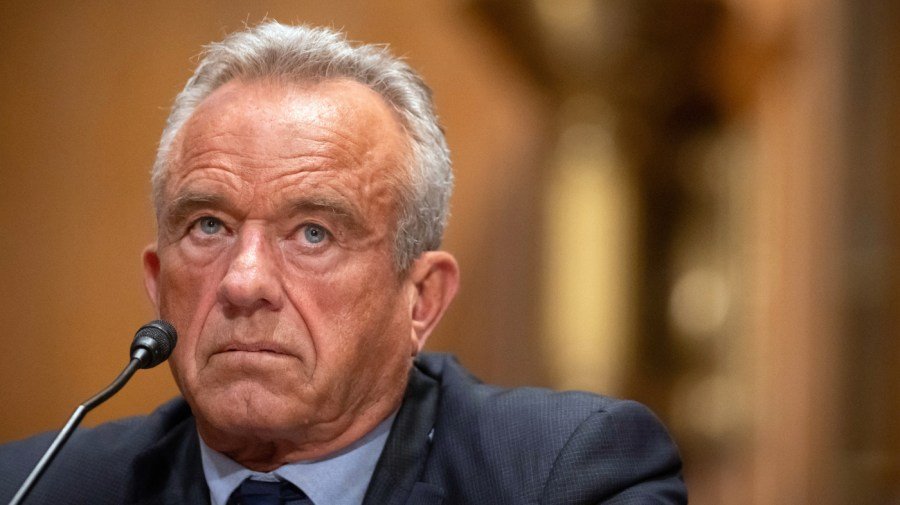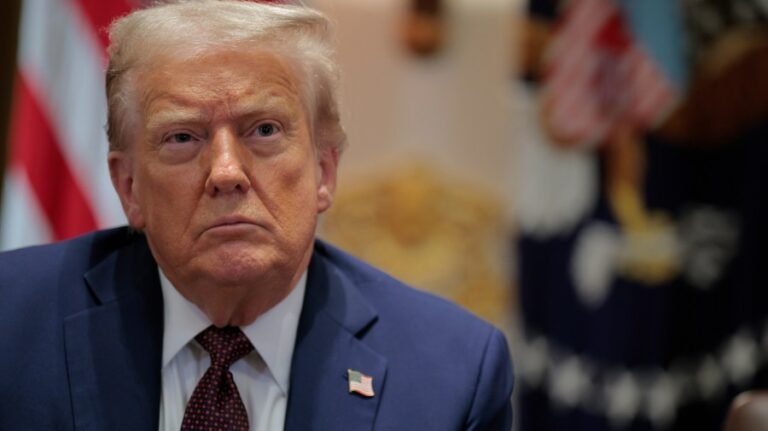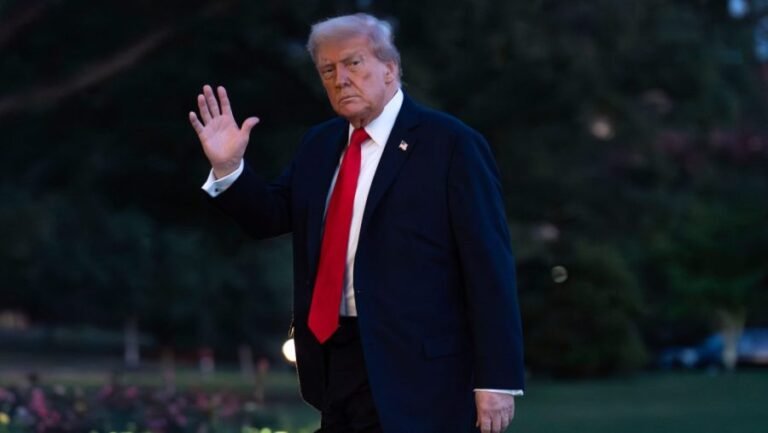
Under the guidance of Health Secretary Robert F. Kennedy Jr., rather than relying on evidence-based recommendations from the Centers for Disease Control and Prevention to inform vaccination decisions, it is now recommended that vaccination involve a discussion between patients and their physicians.
Enabled by Kennedy, Florida Surgeon General Dr. Joseph Ladapo just brought this position to children by calling for the elimination of school vaccination requirements.
The stance empowers individuals not to get vaccinated. It also means that Americans are on their own, pushed to web-based information to make decisions without the ability to discern fact from falsehood, putting children and adults in harm’s way.
These difficult times for the public and for public health have increased considerably following the ouster of the CDC director and the resignation of senior leadership.
Not long ago, Americans overwhelmingly respected the opinion of experts trained by the American education system. Experts and science-based recommendations, though, have become inconvenient political narratives, and it is increasingly politically expedient for political figures to undermine scientific evidence.
Scientists at the National Institutes of Health and those funded by the NIH to study infectious diseases are being fired or defunded.
At the CDC, expert opinion in public health and institutional knowledge is challenged as not being credible. Incredibly, on Aug. 11, there was a military style attack on the CDC headquarters, with 500 bullets fired into the building by an individual radicalized by anti-vaccine rhetoric.
And just as standard public health guidance was being discredited, we saw the largest outbreak of measles in the U.S. in decades, with only a nominal response from Kennedy, who has encouraged the anti-vaccine movement.
We observe individuals promoting raw milk, which has led to disease outbreaks. We see cavity-preventing fluoride being removed from the public water supply in Utah and Florida, jumping on the Kennedy political bandwagon.
In an unprecedented move, the American Academy of Pediatrics issued recommendations related to vaccines that differ from those of the CDC. Other medical organizations are also expected to issue recommendations that differ from those of Kenedy’s Advisory Committee on Immunization Practices appointees.
Complicating matters, the war on science coincides with a crisis of information integrity, leaving many Americans uncertain about important medical decisions, caught in a standoff between politicians, physicians and scientists.
We live in an electronic society of pervasive social media, rife with false information from individuals with political objectives or influencers without a scientific background.
The scientific community is striving to reclaim the dignity it once held, speaking with a voice of reason and evidence. However, these efforts are falling short of what is needed, as false information related to health predominates on social media websites.
This is remarkable from a historical perspective, as over the past decade, when we faced serious infectious disease threats, including H1N1 flu, Ebola, Zika and COVID-19, the public listened to leadership at the NIH, CDC, and health care providers.
The most recent puzzle piece in the information stream is artificial intelligence, which distills information from multiple sources to provide a concise overview of material that would otherwise require days or weeks to review on one’s own.
The answers to questions about vaccines on various AI platforms are strikingly in line with mainstream medicine, including the recommendation that children be vaccinated against measles and the assertion that there is no link between the measles vaccine and autism.
Yet, as AI is increasingly used by the public and yields information based on evidence, one can wonder if political attacks by politicians will spill over to this sphere, along with calls for ideology-based algorithm changes.
We need to acknowledge that mastery of medicine and science is complex and that these fields continually evolve. The world has relied on experts in these areas to develop new medications, treatments for diseases and guidelines for preventing illness.
The politically motivated efforts to unravel this framework mean that health care and public health will become as polarized as politics. Now, with significant changes in CDC leadership, it will become even more difficult for Americans to get the information they need.
With the CDC degraded, local and state departments of health, health care and academic institutions need to step up and fill the void.
We also have to hope that those who voted in favor of Kennedy’s Senate confirmation, and have stood idly by as he has gone back on his congressional testimony, will stop whistling past the graveyard.
Scott A. Rivkees, MD is professor of practice at the Brown School of Public Health. He is a pediatrician and the former state surgeon general and secretary of Health of Florida.


